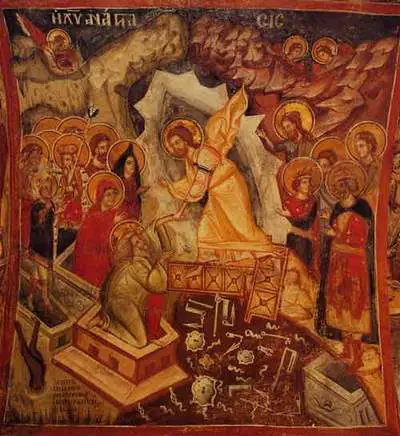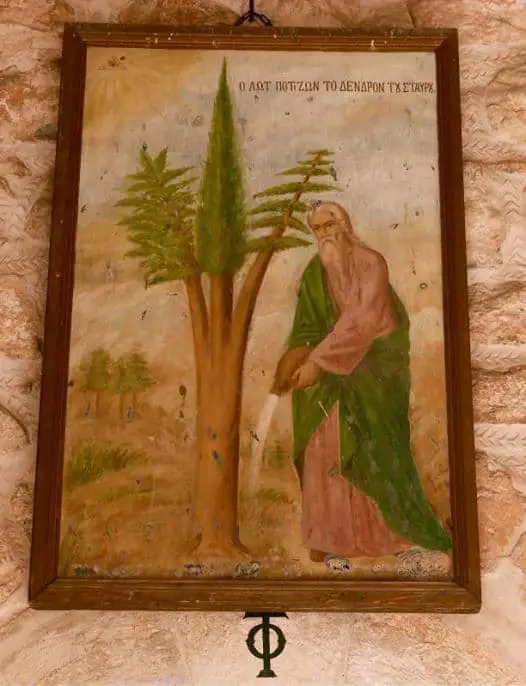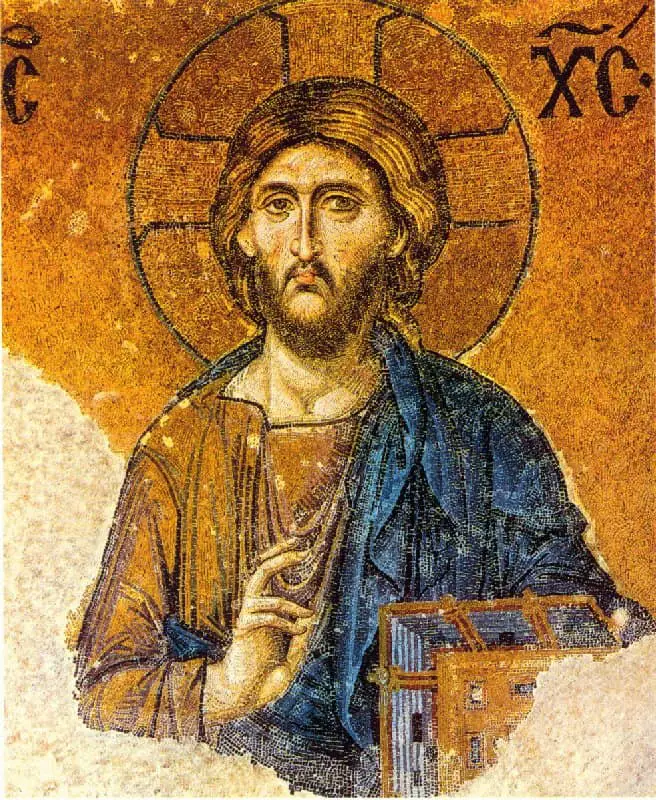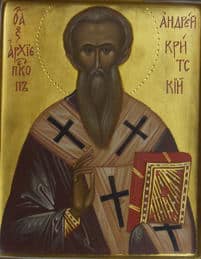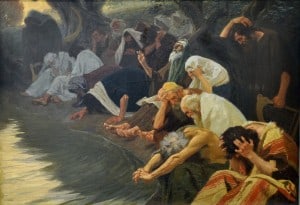St. John the Wonderworker: What is most important on the holy day of Pascha is our Communion with the Risen Christ . . .
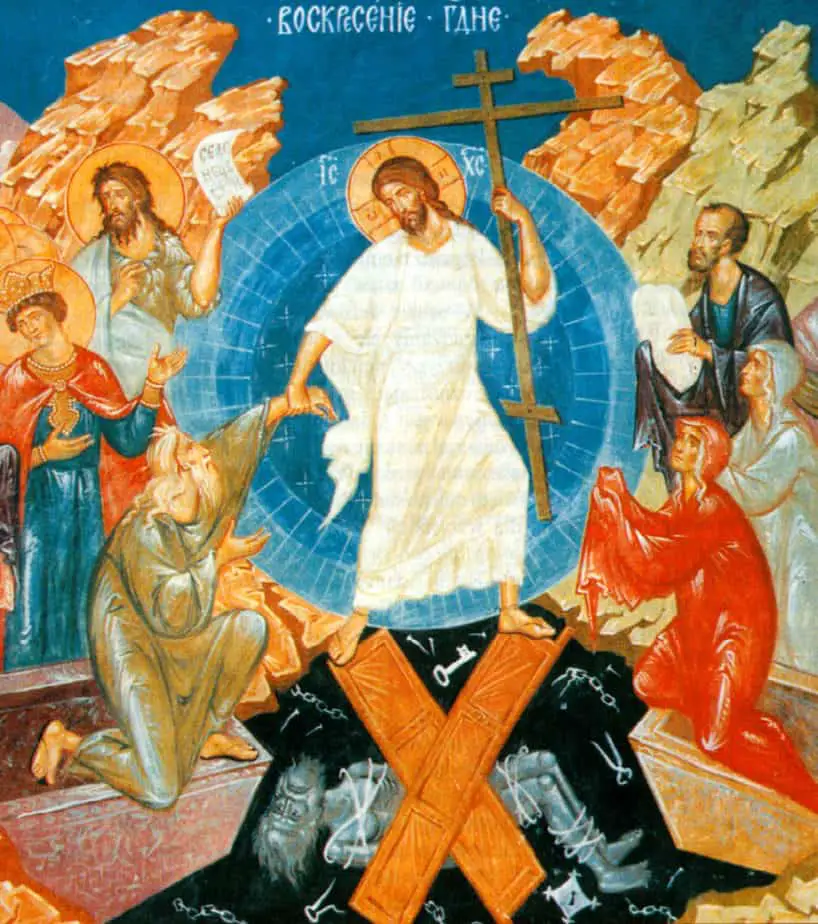
On April 2 of this year, you asked permission for your Circle to distribute red eggs to the faithful in the Memorial Church after the Paschal Matins, inasmuch as a great many single, elderly, ill and poor people cannot stay to the end of the Divine Liturgy, when they would return to their homes in damp, cold weather. In response, His Eminence Archbishop John has issued the following resolution:
“What is most important on the holy day of Pascha is our Communion with the Risen Christ, which is principally manifest in the reception of the Holy Mysteries at the holy service, and for which we repeatedly pray in the services of Great Lent.
“Leaving the Paschal service before the end of Liturgy is a sin — or the result of a lack of understanding of the church service.
“If one is compelled to do so by unavoidable necessity, then an egg, which is merely a symbol of resurrection, cannot take the place of actually partaking of the Resurrection in the Divine Liturgy, and the distribution of eggs before the Liturgy would be an act of disdain for the Divine Mystery and a deception of the faithful.
“The Church canons strictly forbid bringing to the altar anything besides the bread and wine which are to be transformed into the Body and Blood of Christ, likewise oil for the lamps and incense. A cleric who violates this canon is deposed according to the third rule of the Apostolic Canons.
“I call up all to fully participate in the Divine banquet of the Risen Christ — the Holy Liturgy, and then, at its conclusion, to announce the good news of Christ’s Resurrection and greet one another with this symbol of the Resurrection.”
+ St. John the Wonderworker, Man of God: Saint John of Shanghai & San Francisco

